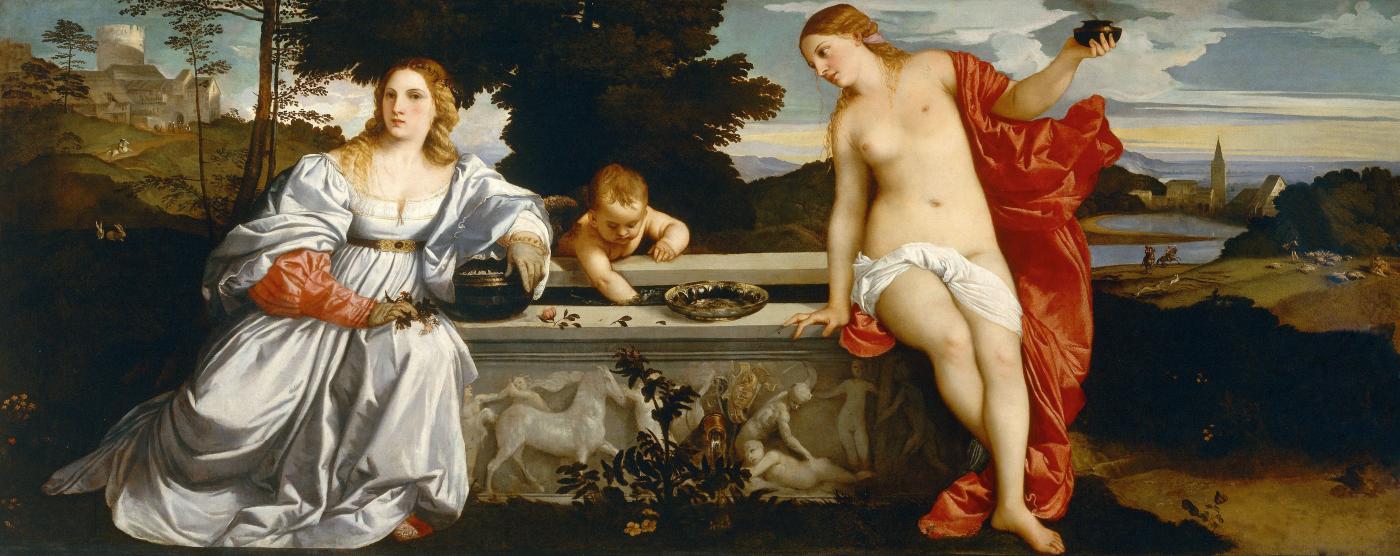It seems the beginning of an Italian comedy, but the heat of an infinite summer like the Sicilian one, the temperatures are the highest recorded and persistent in the last hundred years, can lead to relative illnesses that after having incubated for years and perhaps exceeded the lock down, explode leading the couple to separations, divorces, and sometimes acts of exasperated violence. “Hysteria”, a phenomenon now out of use as a purely psychopathological term of a disorder that has taken numerous nomenclatures in the scientific literature, sometimes borderline for women, sometimes as an antisocial disorder for men, always manages to condense and to evoke within itself a purely feminine phenomenon as the etymology of the term derives from “ustera” which in Greek means uterus: a state of excitement, aggression and impulsiveness such as to be transferred from the mind to the body, resulting in the formation of organic disorders . If it were easy, but even men, although they do not possess the “organ” in question, that is the uterus, have the “prostate” which from an embryonic physiological point of view, dictated by the decision of the DNA in the male sex, corresponds to the uterus that it developed differently: therefore also the males are not far behind and avulsed from having “hysterical attacks”. At this point we can safely speak of “prostate attacks”. For the sake of Dr. Freud, who did not have the tools of neuroscience at his disposal, to examine the heterogeneous provenance, and we are talking about gender, of these “sudden” follies, determined by the “possession of an organ”.
But as psychologists, not being able to speak of “organs”, we are talking about roles, which can more or less influence or can be influenced by our vital state.
Within each couple there are roles that have been held since the dawn of knowledge: one acts, commands, orders, decides; the other undergoes, accepts the orders and decisions of those who “carry on” the family system … if at this moment you made a merciless analysis of your relationship you would realize that it is so, perhaps in a veiled unspoken or at least strategic way: but in the end, while changing the addenda, it was once said that in the sum and multiplication, the result does not change. Because if the sultry heat of this endless Sicilian summer is added and multiplied, everything is amplified and boundaries and forms of belonging are lost: and those who suffer, rule and those who rule, suffer. In winter, with the cold, division and subtraction, except in the episode of the lockdown, which you hear hear, it could also reappear, somehow, you can freeze the “madness for two”, folie à deux! This is how the couple dynamics of “hysterical madmen” are called, recognized in psychological jargon as a shared psychotic disorder, because the cold freezes the excessively inflammable neurons of the brain, and manages to survive this type of couples, who then become families and who when they manage to mate, beyond the “homicidal fury”, they also produce an offspring, which alas, suffers the consequences. Mindful of this are all adolescents “sick” of selfies, sexting, gender dysphoria, who manifest in a “healthy” way the humoral environment of growth in which they are born and grow up.
Precisely for this reason, and as a matter of sharing a family psychotic disorder, we will talk about the masochist or the character masochist coupled with the hysterical / narcissist, both male and female, and the consequences of the infinite summer heat. Clearly all the meanings also concern those who do not recognize themselves in the male and female genders, therefore in “non-binary” genders using the asterisk, where possible.
Masochista caratteriale
Il masochista caratteriale è colui o colei (o col*) che domina lasciandosi dominare. Nella coppia diventa la strategia: “sono come tu mi vuoi, disponibile ad ogni esigenza…” però poi si scopre che non è vero. Il carattere masochista, maschile o femminile, vuole sentirsi sempre accondiscendente, disponibile e quindi sottomesso, ma dentro di sé cova rabbia, vendetta, furore: la sua è una finta disponibilità è essenzialmente manipolatoria. Ci racconta che per farsi amare, rinuncia a sé stesso, ma nella sua intimità si ribellerà a questa ingiusta condizione mettendo in atto in modo più o meno consapevole meccanismi e dinamiche passivo-aggressive. Dirà che farà delle cose per noi, che collaborerà anche per la scelta delle vacanze, sebbene non gli piaccia quel posto, all’inizio approva, ma poi “il caldo della lunga estate infiammata siciliana” gli farà rettificare i suoi impegni e si offenderà se noi lo infastidiamo chiedendo spiegazioni: ciò che conta sono solo le sue “buone” intenzioni. La loro invettiva è all’inizio ambigua, attraverso piccole mancanze, distrazioni e trascuratezza nelle cose da fare insieme, battutine sarcastiche e provocatorie, le famose “piccole cose”, che sono create ad arte per disorientarci e infastidirci provocando atti di “ira” e passare alla “guerra” dichiarata, per “evidente” colpa nostra: anche in questo caso il “caldo” riesce perfettamente a scatenare l’inferno di questi esseri “perversi e melliflui”. Se analizziamo la dinamica di coppia, della “follia a due”, si scoprirà che il vero servitore è il partner che appare dominante, il quale, per mantenere la relazione deve accettare sacrifici, rinunce importanti, organizzare la propria vita e i propri progetti al fine di soddisfare l’apparente “masochista”, il nostro partner, che resta arroccato sulle sue esigenze, con evidente e quasi nulla disponibilità a cambiamenti che possano migliorare la relazione: quale relazione?
These “attitudes”, inherited from a style of attachment from the family of origin, are often a sign of a “slightly” autistic personality where no one wins or loses, because no one participates and above all your partner manifests an inner loneliness, where everything is allowed, as long as it is in accordance with its “passive” rules, which cause major side effects in this “smoky” relationship. Because you think you are in a relationship, you also have children and a house together, very “hot” in this period, but “they” are from “somewhere else”, which is not yours: get over it! You are alone in a relationship that is “officially” a couple! And this should be enough for you to become aware that “you are not alone” in this brief examination, of a sultry heat in an endless Sicilian summer.
But continuing on this “couple hysteria” animated by an endless sultry and Sicilian late summer, can you imagine the masochistic character, just described, coupled with a hysterical partner?
Isterico/narcisista caratteriale
Facciamo finta che il partner dominante, in maniera apparente sia isteric*, per buona pace dei “non binari”. L’isteria si colloca nella sfera narcisistica. Le persone con uno stile disturbato di personalità isterico che sia leggero, acuto o cronico, le etichette lasciano il tempo che trovano, si distinguono dal narcisista patologico classico, perché a differenza dello stile manipolatorio azionato in sordina, tipo “acqua cheta che rovina i ponti”, più simile alla personalità masochistica di cui sopra, estrinsecano la loro rabbia, furore e vendetta, piantando delle teatrali scenate, in piazza, o in luoghi pubblici, teatri, cinema, chiese, ristoranti, matrimoni, o meglio ancora in cene tra amici o parenti…






